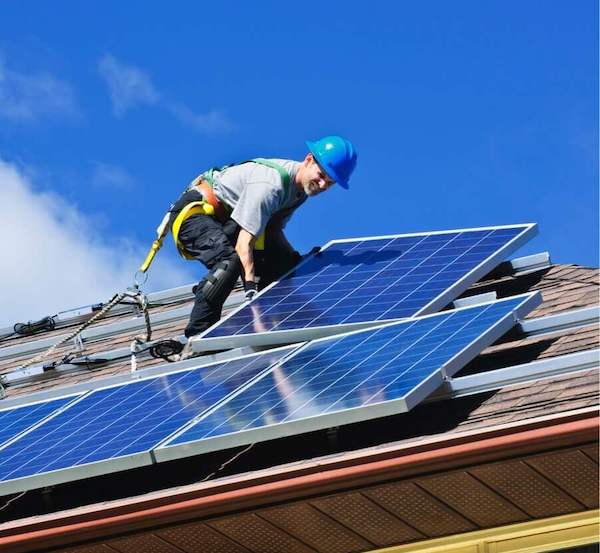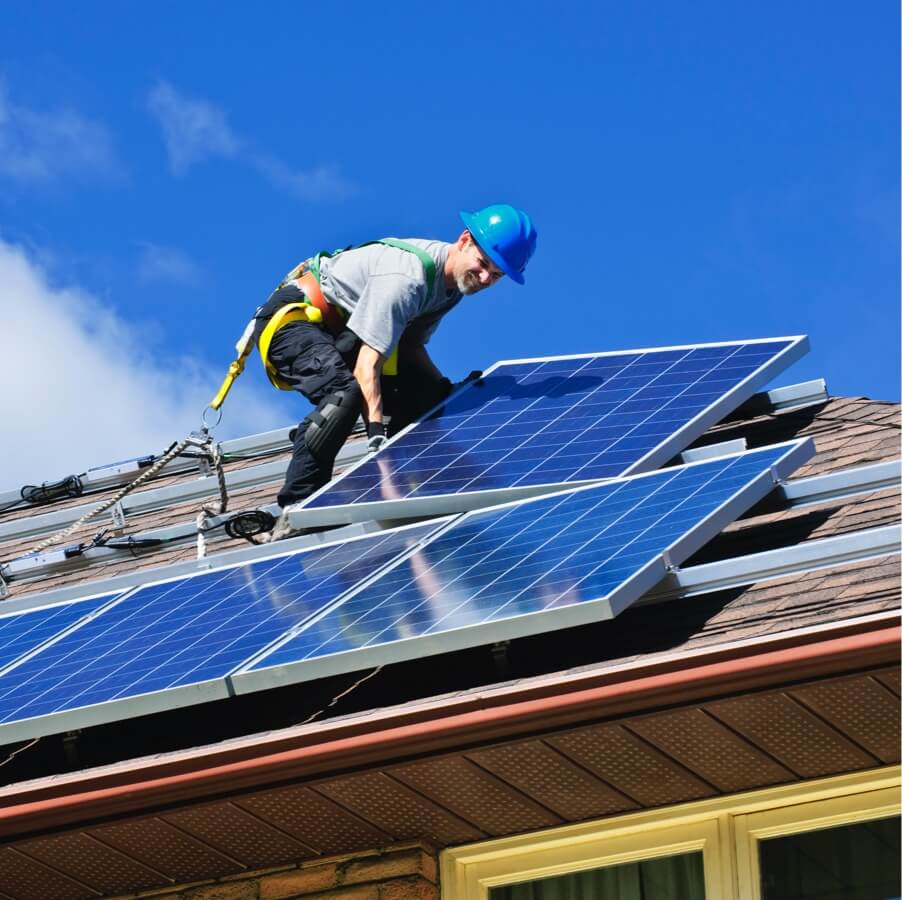Things To Know About New Hampshire
New Hampshire, known locally as the Granite State, has a total population of 1,377,529 as of 2020.Since 2010 the population has grown by 4.60%. You might be surprised to find out that 74.9% of the people in New Hampshire own their homes. This means that of the 1,377,529 people in New Hampshire, 74.9% are potentially elligible to install solar panels at their home. Click here to find out if you're elligible for solar panels. Did you know that New Hampshire is the the home of Artificial rain, first used near Concord in 1947 to fight a forest fire? it should come as no surprise that the state motto is "Live Free or Die".
New Hampshire has a total area of 8,952.65 square miles of which 8,952.65 square miles is land. The average elevation in New Hampshire is 1,000 feet with the highest point being Mt. Washington at an elevation of 6,288 feet. The lowest point in New Hampshire is Atlantic Ocean. This type of landscape is generally advantageous for solar panels.







